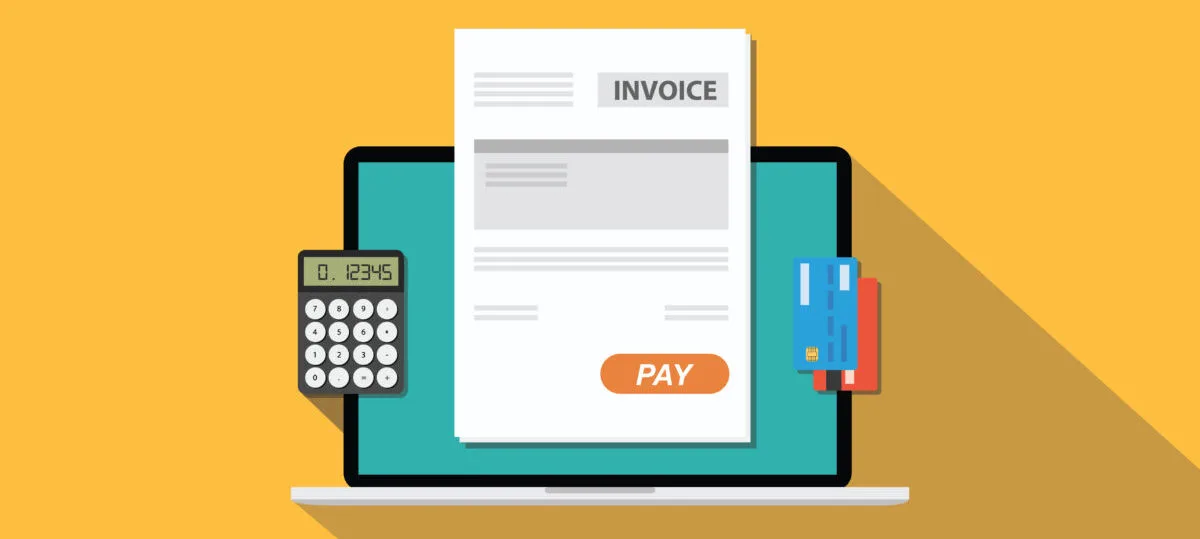Managing Time From Order to Invoice
Understanding the time frames and cycles between receiving an order from an off-taker and invoicing them is crucial for maximizing opportunities for growth. It impacts cash flow, turnover, and the ability to leverage financing options like invoice discounting and order financing from companies such as Inde Credit for bridging finance needs.
Improved Cash Flow Management
Knowing when to expect payments allows you to plan your cash flow more effectively, ensuring you have the funds necessary to cover expenses and invest in growth opportunities.
Enhanced Financial Planning
With a clear understanding of the invoicing cycle, you can develop more accurate financial forecasts and budgets, enabling you to make informed decisions about resource allocation and expansion strategies.
Optimized Inventory Management
By anticipating order volumes and timing, you can adjust your inventory levels accordingly, minimizing excess stock and reducing carrying costs while ensuring you can meet customer demand.
Better Off-Taker Relationships
Meeting invoicing deadlines and delivery schedules builds trust with offtakers, enhancing satisfaction and fostering long-term relationships. Understanding the cycle also allows you to communicate effectively with off-takers and debtors about expected delivery times and payment terms.
Facilitates Access to Financing
Lenders often consider the predictability and reliability of cash flows when assessing SMEs for financing. Understanding the order-to-invoice cycle improves creditworthiness and increases the likelihood of securing financing options such as invoice discounting or order financing, which can fuel business growth.
Tips for optimizing the order-to-invoice cycle:
Use a centralized, electronic billing system
Consider using a centralized, electronic billing system, which allows invoices to be sent and received digitally. This can help to reduce the risk of errors and make it easier to track and manage invoices. Check out our review of some of the best systems for SMEs.
Use sales and customer relationship management (CRM) software
Data is valuable. Sales and CRM software can help streamline the sales process by providing a central location for storing customer information, tracking leads and sales, and managing customer interactions. Such a log helps reduce the time it takes to process orders and follow up with customers, which can speed up the order-to-invoice cycle.


